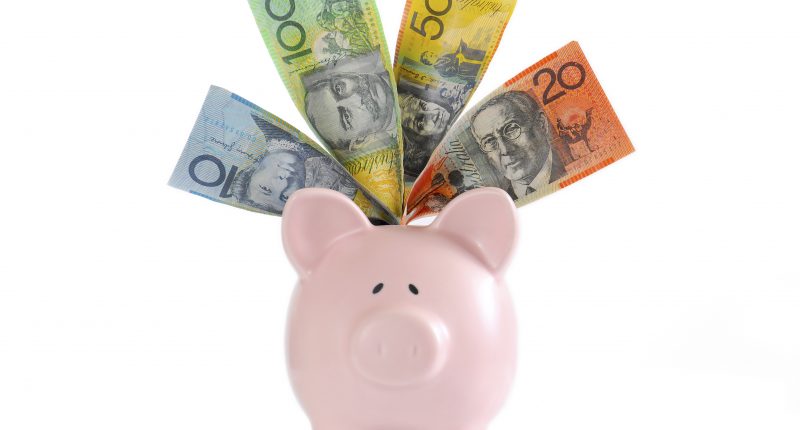The Australian Bureau of Statistics has released its latest Consumer Price Index (CPI) data, revealing national inflation increased to 5.2 per cent from 4.9 per cent in the 12 months to August 2023.
The data released today shows the effect higher fuel prices, and housing prices, have had on Australia’s economy.
“Automotive fuel prices rose 13.9 per cent in the 12 months to August. This is the highest annual movement since November 2022,” the ABS wrote.
“The increase in the annual movement was driven by price rises this month, as well as base effects with the large monthly price fall in August 2022 no longer contributing to the annual movement.”
ABS head of prices statistics Michelle Marquardt noted the effect is amplified by a drop in fuel prices in August 2022.
“The annual movement for Automotive fuel remains volatile, partly reflecting price changes from 12 months ago, when Automotive fuel prices fell 11.5 per cent in August 2022,” Marquardt said.
Housing prices also increased in August, with housing up 6.6 per cent and rents up 7.8 per cent.
Last month’s data similarly showed housing costs remain sticky, and that remains evident in this month’s data.
Rent has also risen steadily nationwide since COVID, which is a supply-side story, and one the RBA doesn’t have any real power to combat. Whether or not Australia can reach its 2-3 per cent target band is a hard discussion to have, but, one which appears increasingly difficult to achieve.
On Monday KPMG theorised house prices on the east coast are expected to keep climbing into 2025 with Melbourne expected to see an increase of more than 12 per cent.
It’s more than probable rents would follow, leaving important considerations for Australia’s disinflationary trajectory. Coincidentally, the RBA does not expect inflation to really get under control until 2025, which it first pointed out in May of this year in a monetary policy statement.
Like the last interest rate decision, the ASX failed to immediately react to the news one way or the other, suggesting an investor apathy for interest rate-inflation dynamics has well and truly set in.
City Index Senior Market Analyst Matt Simpson was unbothered by the increase, citing his view the news was hardly a shock to anybody keeping tabs on the state of affairs.
“We knew fuel was going to be higher, but it is encouraging to see CPI less volatile items and holiday travel continue to soften,” he said.
“Today’s report does nothing to change the dial for the RBA in my view, who will likely hold rates at 4.1 per cent at their next meeting.”








